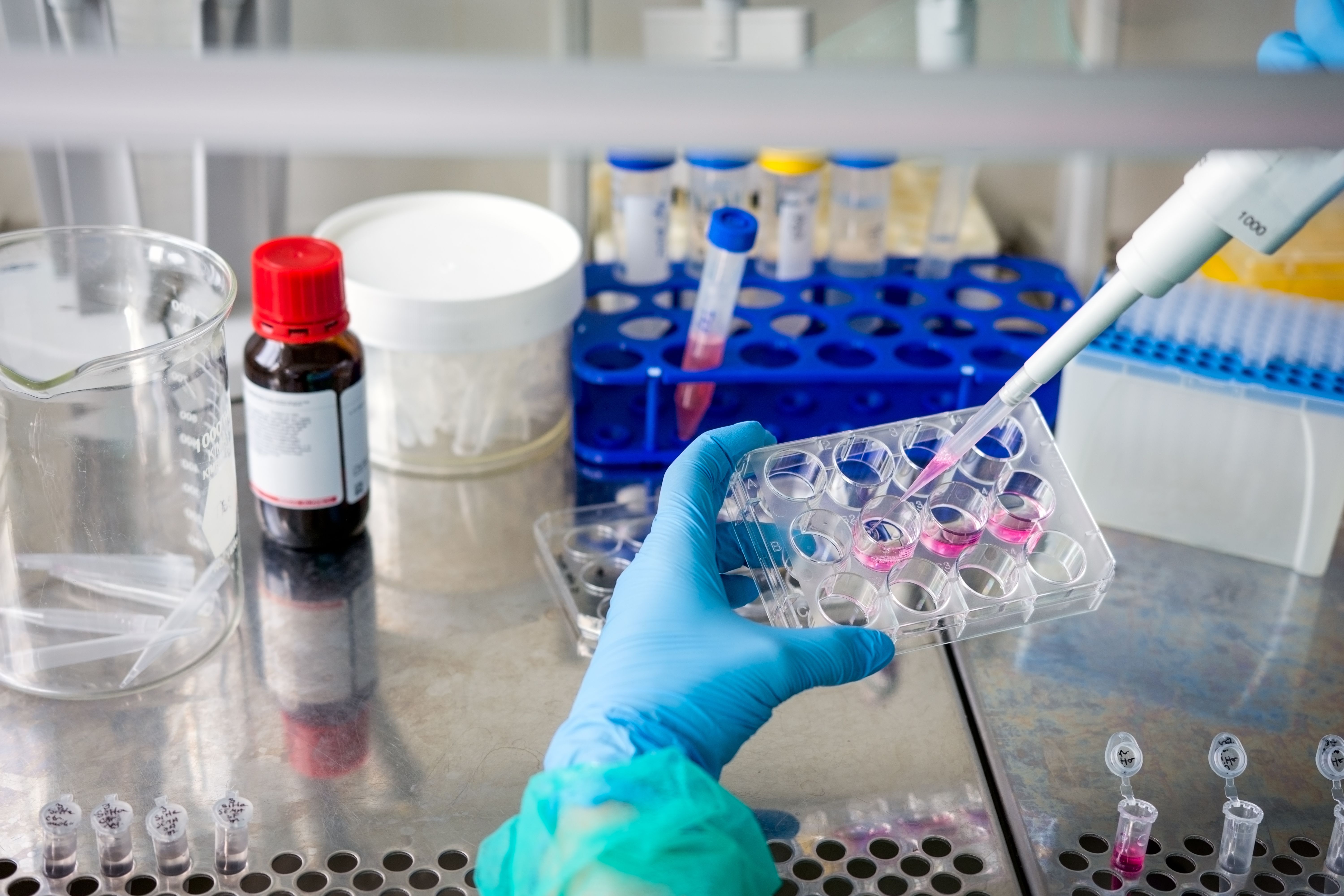
Latest information

BFMedicines makes progress on new cancer-fighting drugs
The Business Factory Medicines (BFMedicines) accelerator was created to promote entrepreneurship and knowledge transfer in medicine. Its goal is to bring results to the market in the form of effective drugs for unmet medical needs and by bringing together public-private investments and interests.
The Cancer Innova programme is the first initiative under the framework of the new BFMedicines of Galicia. The Kærtor Foundation and the Scientific Foundation of the Spanish Association Against Cancer, in collaboration with the Galician Regional Government, through the Galician Innovation Agency, the pharmaceutical companies Janssen, of the Johnson & Johnson group, and Lilly have all joined forces for the R&D of new cancer-fighting drugs and for the consolidation of a biotechnology ecosystem that is closer to patients.
The Cancer Innova programme arose from the collaboration between the Galician Regional Government, the company Johnson & Johnson and the Kærtor Foundation between 2017 and 2019 in the I2D2 programme. The programme takes on the high risk of funding the most disruptive research applications, of the highest scientific quality, on cancer. The heart of the matter is reaching proof of concept in humans through research that is mapped out by milestones.
In this first call, which is already at the end of Phase II and whilst setting up transfer Phases III and IV, the Cancer Innova programme has attracted projects from 8 countries through the 110 expressions of interest submitted during the first month alone. In incubation Phase II (intensive R&D), five proposals were prioritised for their high clinical and industrial impact. They were supervised and evaluated by a scientific committee of 60 global experts with a view to the next phases of their industrial development and arrival on the market. Currently, several of these projects continue to progress satisfactorily towards transfer Phases III and IV.
The three projects that stand out the most, all led by a team from the Kærtor Foundation, are:
"New oral non-hydroxamic HDAC6 selective inhibitors for the treatment of glioblastoma", project sent from the Basque company Quimatryx. The aim of the project is to satisfy an unmet need by increasing survival and improving the quality of life of patients with this tumour, whose main treatment is currently surgery.
"PARP2: a new therapeutic target in c-myc driven tumours" is the name of the second project selected by Cancer Innova for this incubation phase. Project presented by the Hospital del Mar Medical Research Institute (IMIM). This research is expected to produce chemical compounds that inhibit the PARP2 protein, which could be converted into oral drugs for the treatment of a wide range of oncology patients.
"Senolytic cardiac glycosides for cancer treatment" is the name of the project presented by the Instituto de Investigación Sanitaria de Santiago de Compostela (IDIS). This project aims to selectively eliminate cells that are resistant to chemotherapeutic treatment and thus reduce aggressiveness, side effects and recurrence in cancer patients.
The financing of these first phases of the Cancer Innova programme had a budget of around 5 million euros, of which the Galician Regional Government earmarked 1 million to support innovation and development of new cancer-fighting drugs. In addition to the public support, the other consortium partners financed the programme with private funds, and, in addition, the Kærtor Foundation formed an Economic Interest Grouping (EIG), a tool certified by the Ministry of Science and Innovation and accredited by the Directorate General of Taxes, which made it possible to incorporate funds designed for high-risk R&D, based on tax benefits, into the initiative.